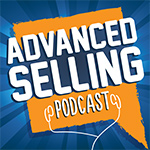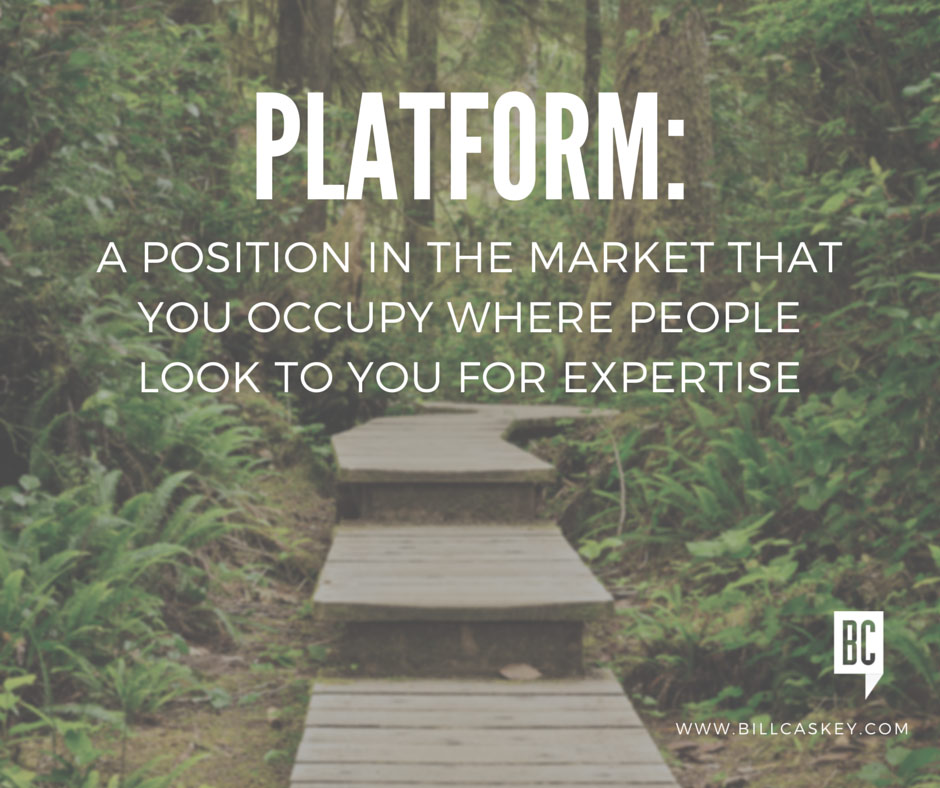Last week, I had a coaching session with one of my clients who is a pretty talented business development person. I say ‘talented’ because she has all of the raw materials: enthusiasm, energy, work ethic, and decent communication skills.
Then, last week she relayed a deal that her company is working on. As she described the situation, a couple of things caught my attention. She proceeded to tell me how important this deal was to her company and how excited she was and how desperate some of her teammates are about landing this deal. (I suspect the desperation came directly from the sales force, but that’s a different matter).
After she reviewed the situation I asked her if she noticed anything about how she described the deal. She said she didn’t. But I did.
 What I noticed was the underlying theme of neediness and awestruck-ness about this deal. It’s that “this-one-would-be-a-huge-feather-in-our-cap-if-we got-it” attitude. But that kind of thinking, to me, assures she won’t get it.
What I noticed was the underlying theme of neediness and awestruck-ness about this deal. It’s that “this-one-would-be-a-huge-feather-in-our-cap-if-we got-it” attitude. But that kind of thinking, to me, assures she won’t get it.
It’s Bad for Your Internal Team
Since one of the strategies with this prospect was a presentation meeting where she was to bring her engineers to discuss the deal with the customer, it becomes even more vital that their (engineer) minds are right when in contact with customer.
Anytime you give those people ample reason to be scared they’ll take it. Feeling pressure and stress is no way to go through a presentation like this. And the more magnitude and burden you put on the situation, the less likely you will be to care/focus on what the customer wants.
This is part of that overall misguided myth that the more excited we are about getting a deal, the more excited the prospect is about giving it to us. I know we were all taught that-and really want to believe it. But in my experience, it’s the cause of more lost deals than won deals.
It’s Bad for Your Customer
More importantly, anything that takes your eye off of the customer’s problems and goals creates a block for you – and they’ll feel it. Feeling that pressure to perform is one of the most common mistakes made in business development /sales. In coping with that pressure, you take the attention off of them and put it right on yourself. Read more
 Are you looking for ways to generate more leads? (because who isn’t?)
Are you looking for ways to generate more leads? (because who isn’t?)




 What I noticed was the underlying theme of neediness and awestruck-ness about this deal. It’s that “this-one-would-be-a-huge-feather-in-our-cap-if-we got-it” attitude. But that kind of thinking, to me, assures she won’t get it.
What I noticed was the underlying theme of neediness and awestruck-ness about this deal. It’s that “this-one-would-be-a-huge-feather-in-our-cap-if-we got-it” attitude. But that kind of thinking, to me, assures she won’t get it.